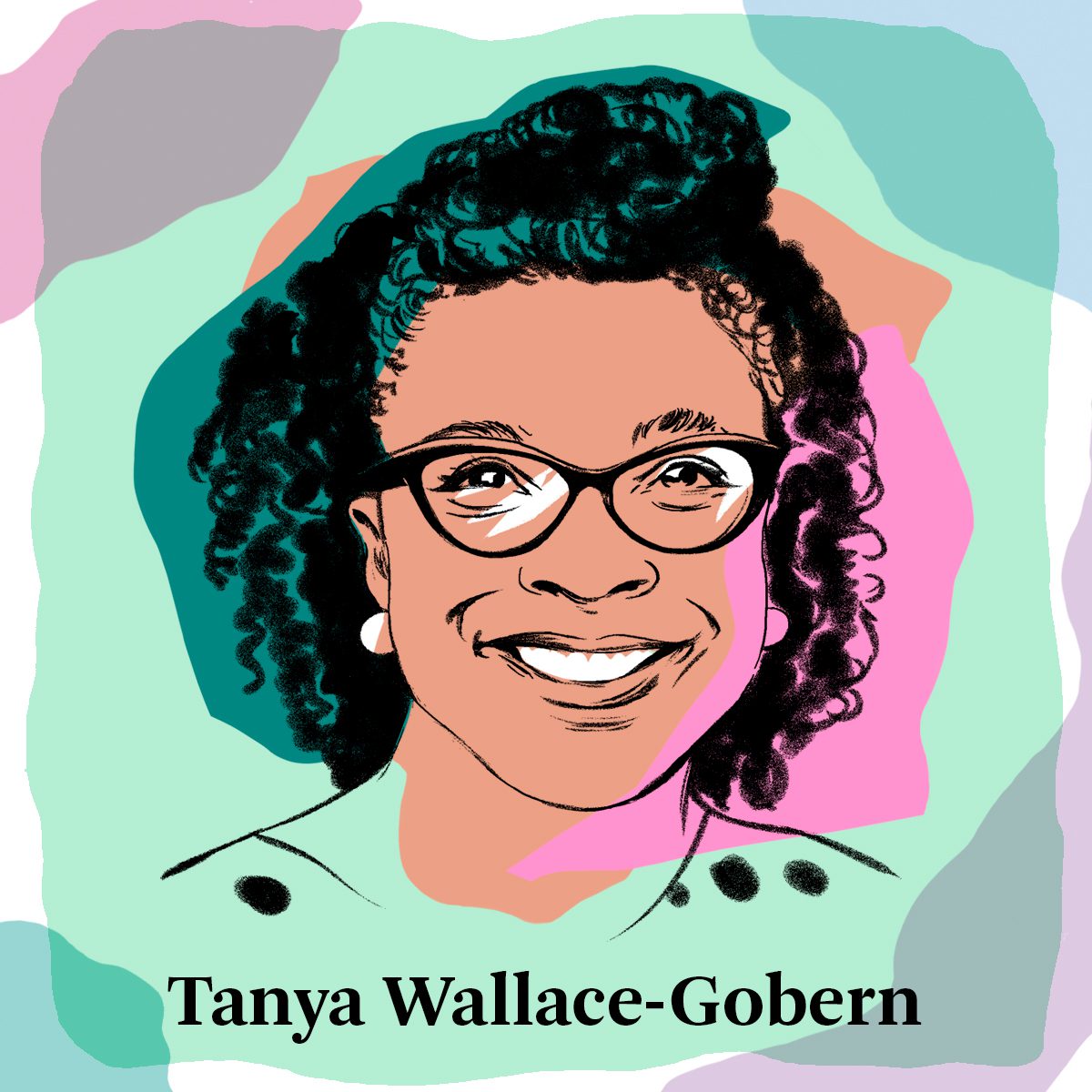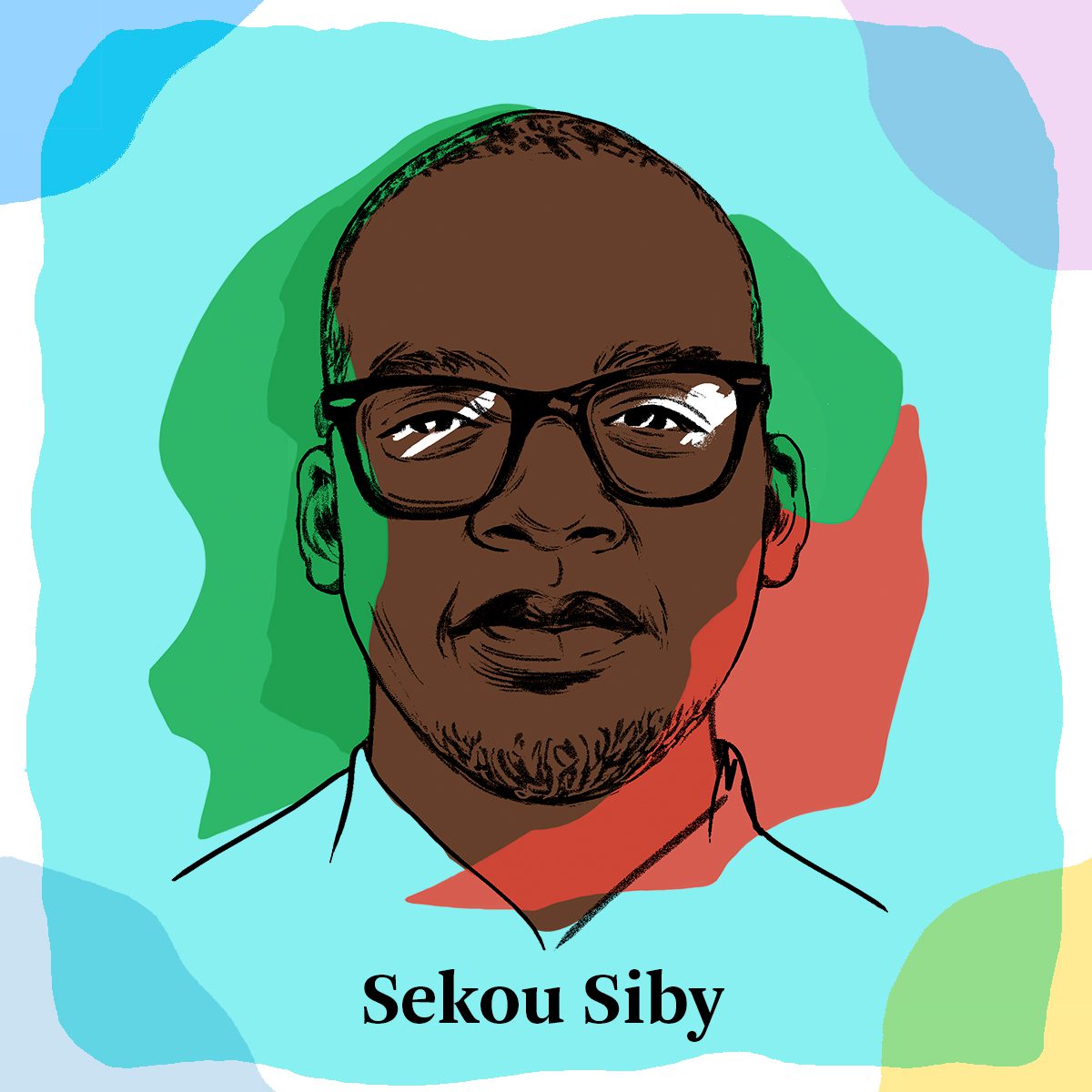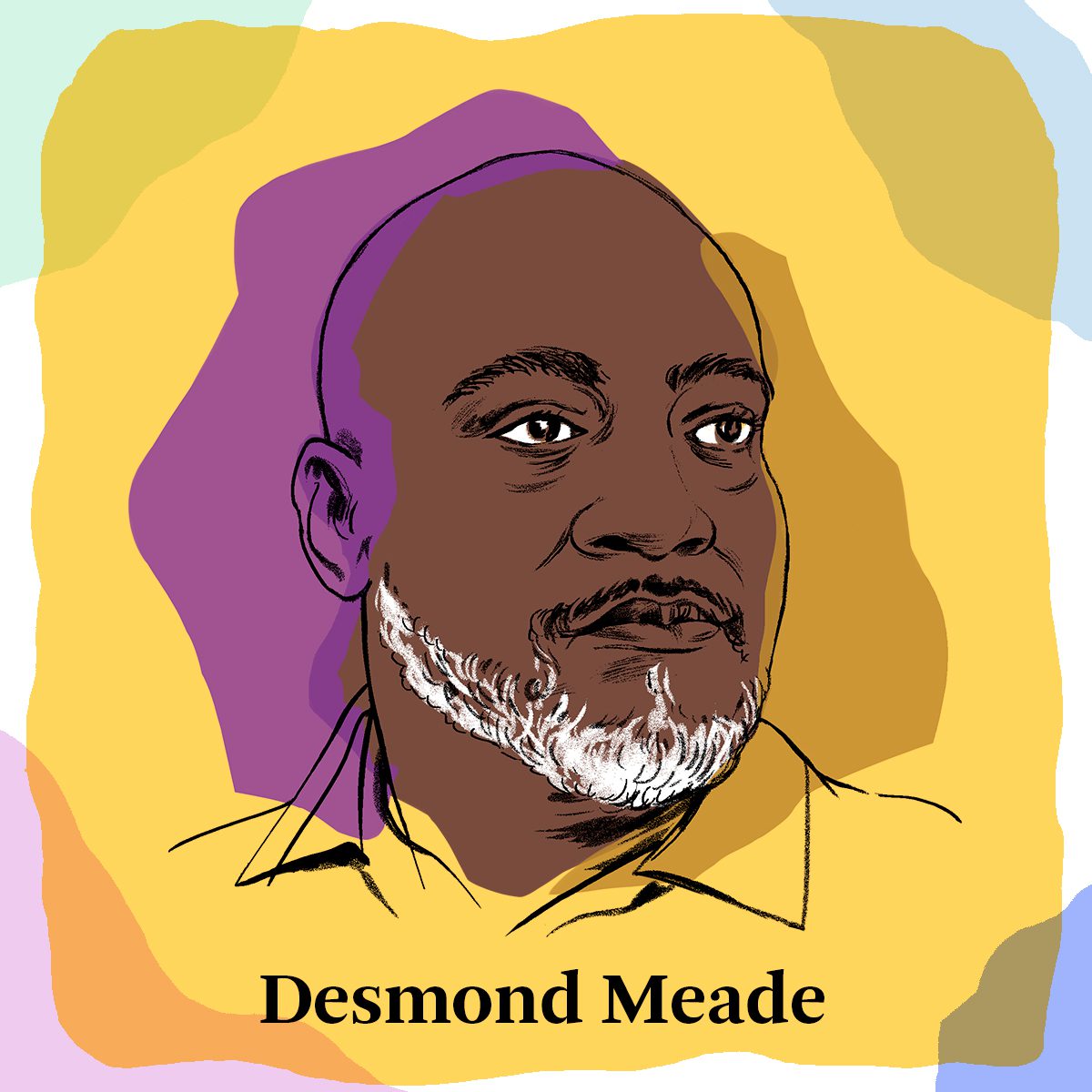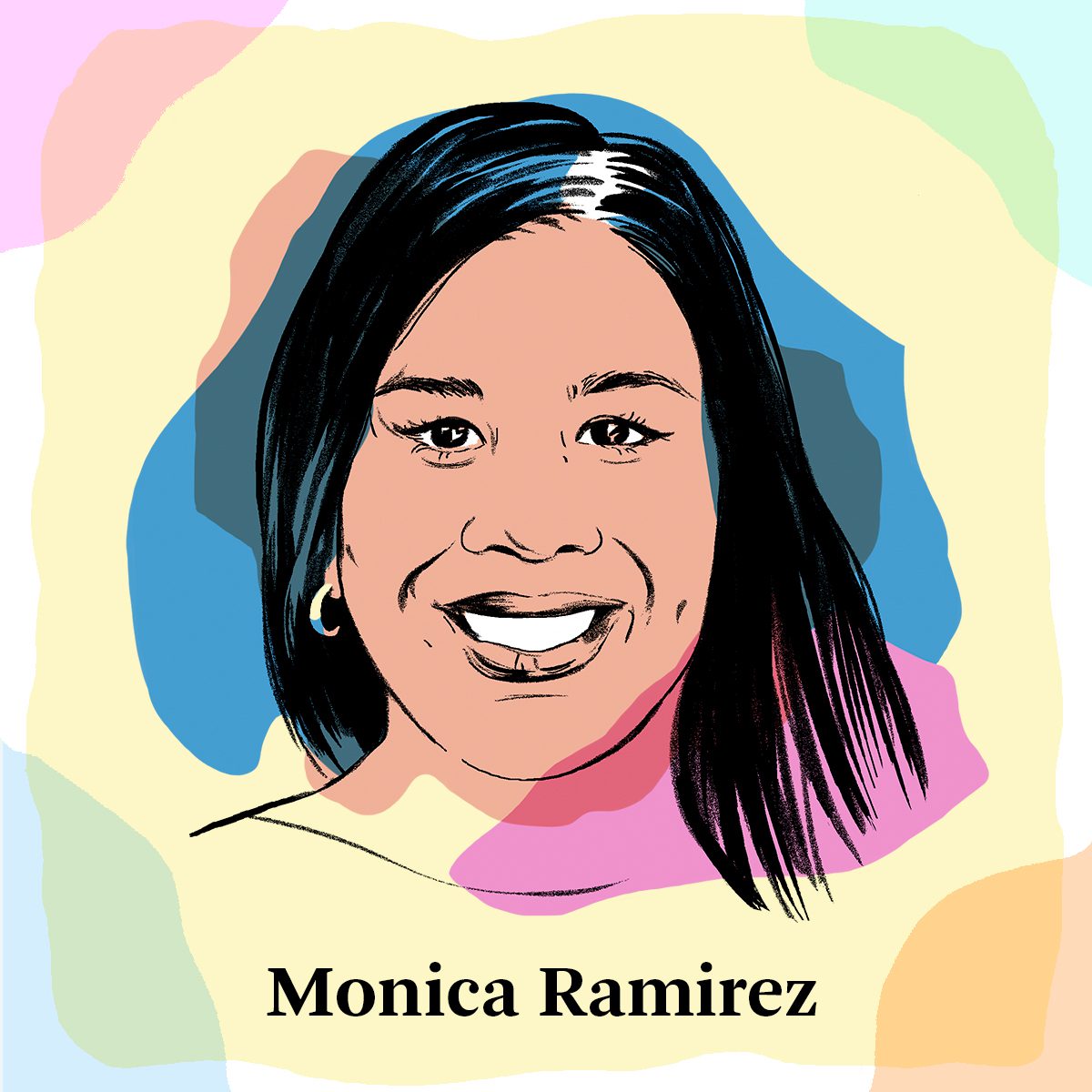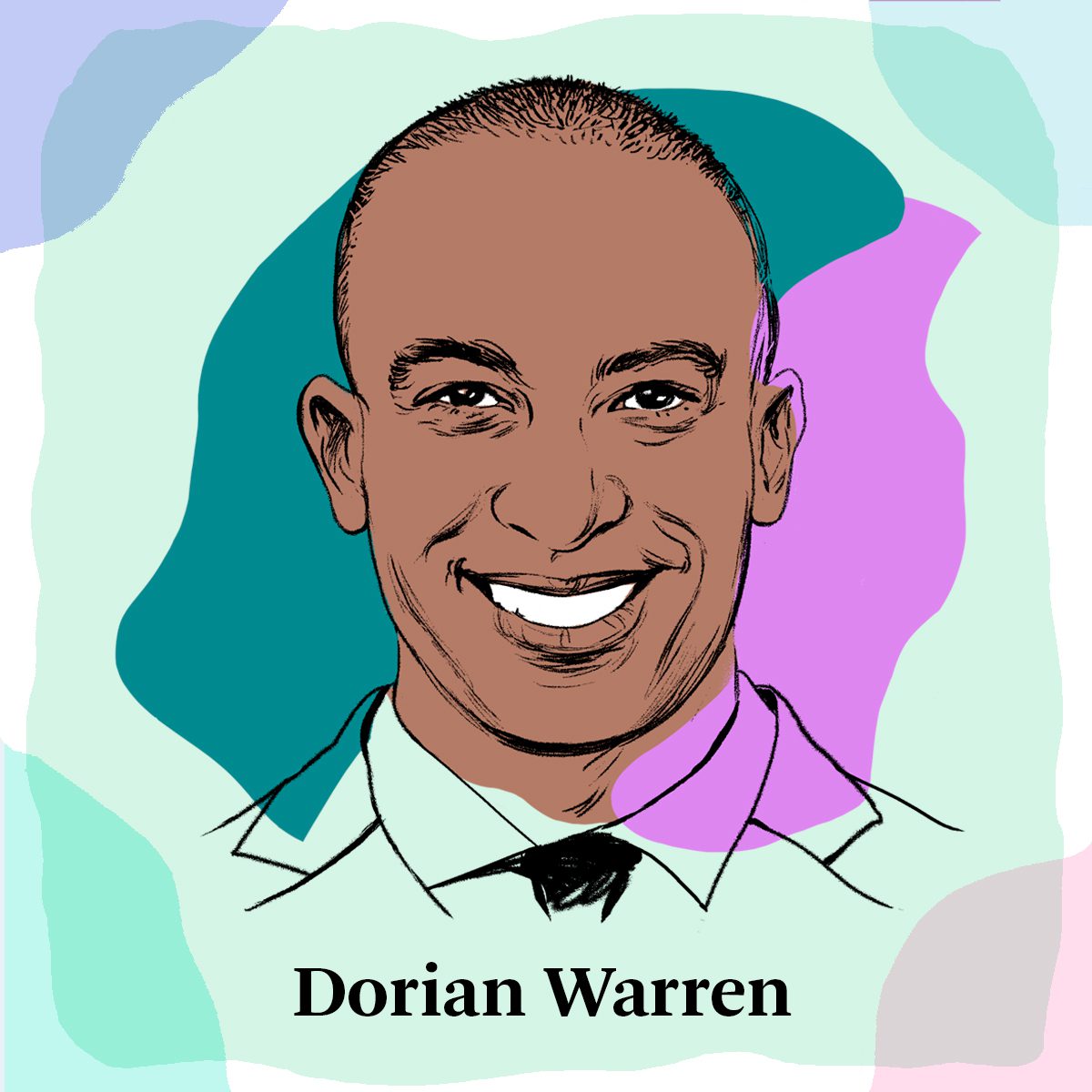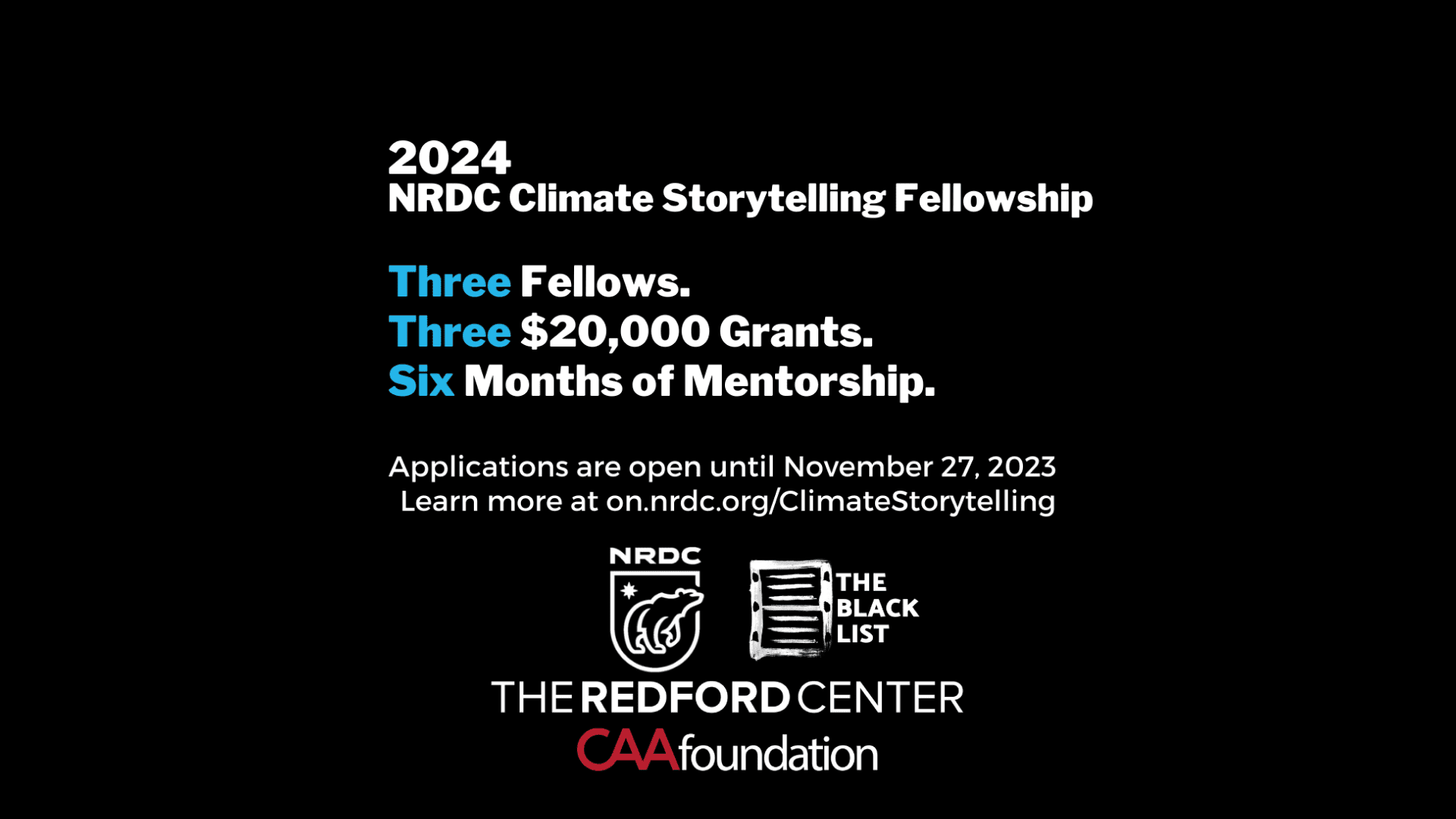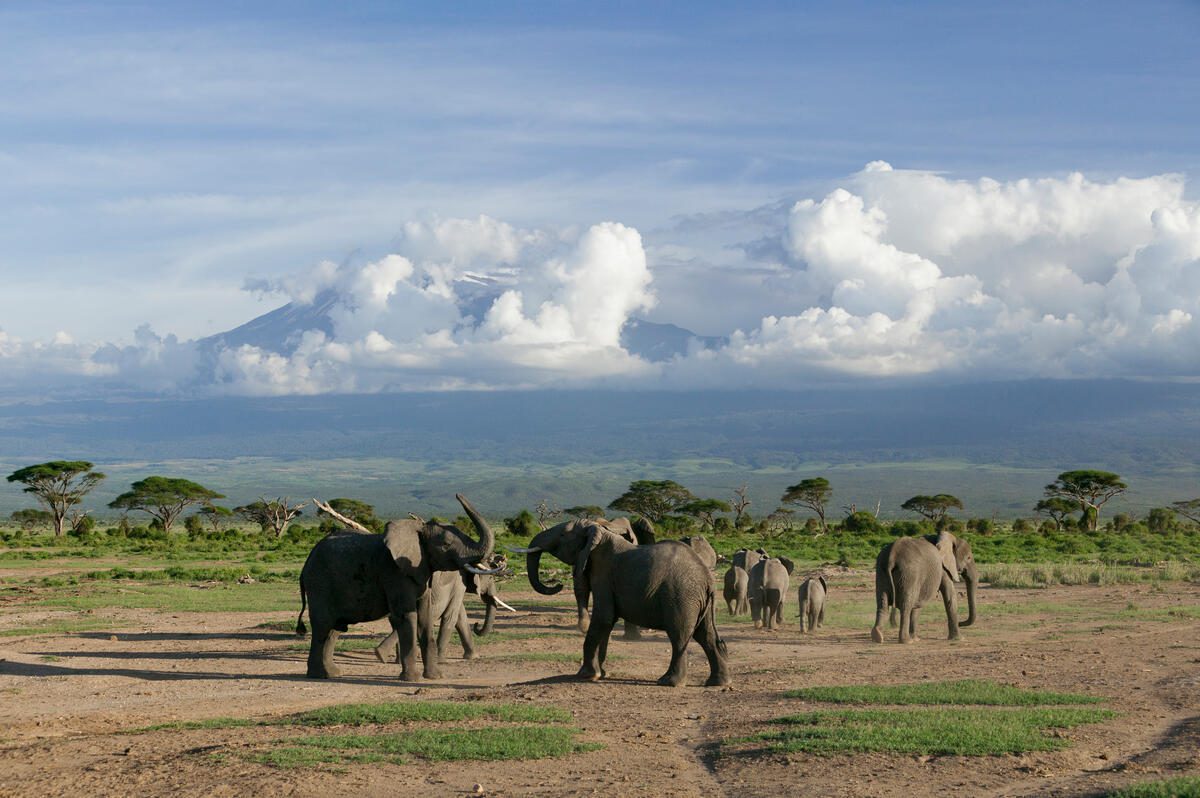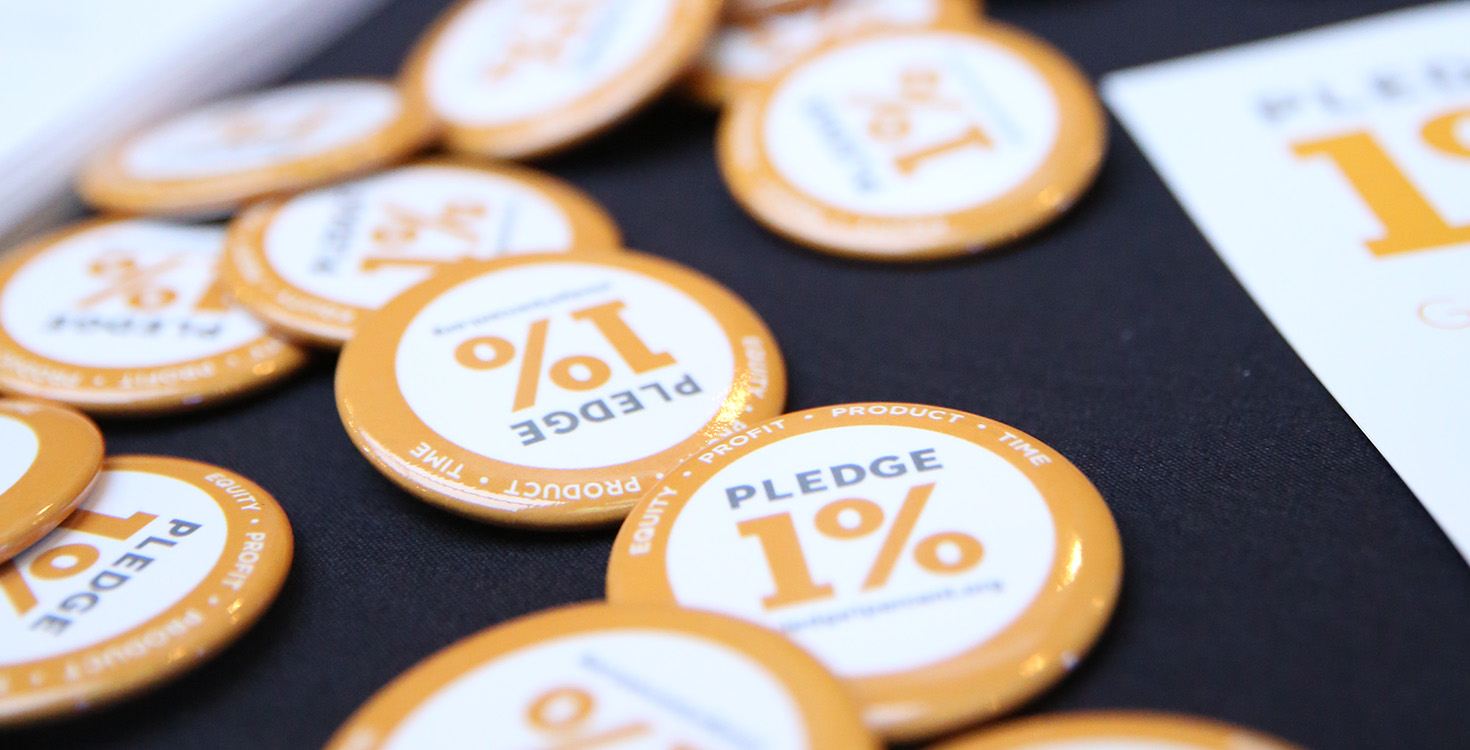Introducing Ford Foundation’s Vanguards of Justice
We are proud to be partnering with the Ford Foundation whose mission is to build a world where everyone has the power to shape their lives. For our partnership, we’re featuring their Vanguards of Justice Series, which aims to amplify voices challenging inequality in the pursuit of social justice. Read more below, where we spotlight social justice leaders working across diverse issue areas and geographical locations.
Visit The Ford Foundation for more information on their impactful work and the Vanguards of Justice page to read more inspiring stories.
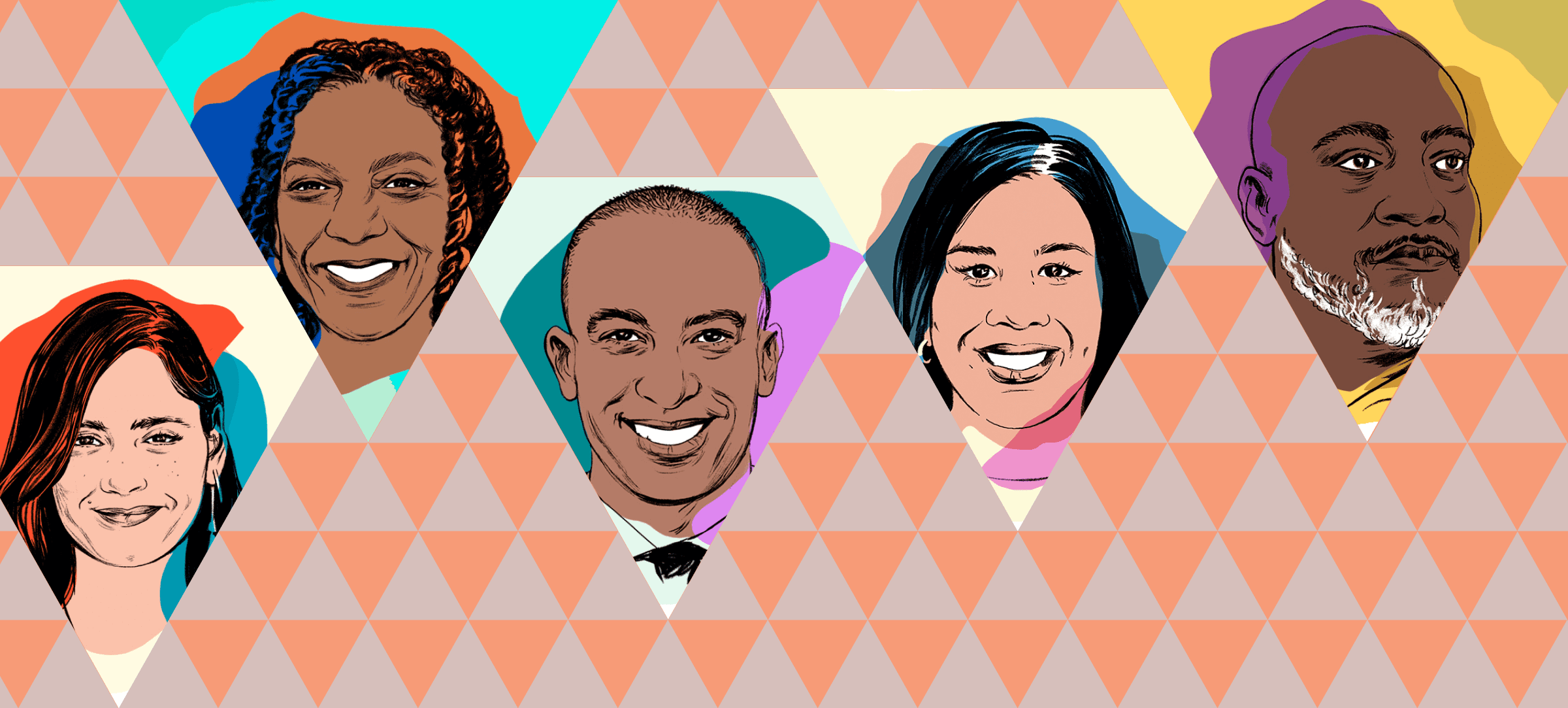
Tanya Wallace Goburn, National Black Worker Center Project
The twin pandemics that defined 2020—coronavirus and racism—brought out gross injustices and inequities, long simmering and long ignored until tinder caught flame. Not only are Black people disproportionately affected by COVID-19, greater numbers are essential workers, unemployed, undercompensated or underrepresented, denied power at every turn simply because of the color of their skin. As hundreds of thousands of protestors demanding racial justice took to major city streets last summer, America finally faced a long overdue reckoning.
None of this came as a surprise to Tanya Wallace-Gobern. As the first executive director of the National Black Worker Center Project (NBWCP), the labor activist has been battling systemic racism in the workplace for years. Founded in 2012, the NBWCP is a fast-growing network of Black worker centers and affiliates across eight cities that collaborates with other labor and social change groups to eradicate racism and discriminatory practices and policies in the workplace, advance workers’ rights, and improve the quality of jobs. Read more here…
Sekou Siby, Restaurant Opportunities Center of New York
Sekou Siby was supposed to work that Tuesday, September 11. He was a prep cook at Windows on the World—the famed restaurant on the 107th floor of the World Trade Center’s North Tower—where he peeled potatoes and cleaned onions eight hours a day.
Four days before the tragedy of September 11, 2001, Siby was playing soccer with his coworkers. They had become a family from all corners of the globe. Like Siby, many of them were Muslims who prayed together in a stairwell using flattened cardboard boxes as prayer mats. After playing soccer that day, his friend and colleague, Moises Rivas, asked him to trade shifts, with Moises taking Siby’s Tuesday shift. Siby agreed. It was a fateful decision. Rivas, along with 72 others of his colleagues, never made it home after the WTC towers fell. Read more here…
Desmond Meade, Florida Rights Restoration Coalition
In October, Global Fellow Desmond Meade cast his first-ever ballot in a presidential election. He was 53. Because of his felony record, he—along with 1.4 million Floridians in his situation—had been banned from voting for life. To Meade, who had served in the army, this was an injustice in every sense of the word. He had paid his debt to society. He believed people who made mistakes deserved a second chance. To have a vote is to have a voice. To be a full citizen. So he set out to right that wrong.
Born on the Caribbean island of Saint Croix, Meade moved to Florida with his parents at age six, and joined the army after high school. It was there when he was introduced to cocaine and began to struggle with addiction. His life went dramatically downhill following his service. He couldn’t keep a job, wound up homeless and racked up convictions for shoplifting and drug possession. Then, while squatting in a home, he was arrested for possession of a firearm that didn’t belong to him and was sentenced to 15 years. His life changed in an instant. Read more here…
Monica Ramirez, Justice for Migrant Women
Not many people can say they’ve ignited a national women’s movement, spoken at the United Nations, and walked the red carpet at the Golden Globes, but not many people are Mónica Ramírez. The activist, civil rights attorney and Ford Global Fellow is one of America’s most prominent advocates for Latinx and migrant issues, beginning as a law student at Ohio State University where she conceived what would become America’s first legal project to address sexual harassment and gender discrimination against women farmworkers. She scaled the venture at the Southern Poverty Law Center, expanding upon it until its most recent incarnation, Justice for Migrant Women, which advances the human and civil rights of migrant women and their families. Read more here…
Dorian Warren, Community Change
How many second graders can say they’ve walked a picket line? Dorian Warren did when he accompanied his mother, a public school teacher, on a strike—and he hasn’t stopped fighting the good fight since.
Warren is president of Community Change, an organization founded in 1968 as a living memorial to Bobby Kennedy shortly after the New York senator was assassinated during his presidential campaign. Its mission is right there in the name: Change. Its method: Community Organizing. The Washington, D.C.-based group works with more than 200 grassroots organizations across the nation to empower low-income communities, especially those of color, and bolster policies that improve their lives. Read more here…
Kassandra Frederique, Drug Policy Alliance
In 2020, Oregon passed Measure 110, making it the first state to decriminalize personal possession of small amounts of all illicit drugs and redirect tens of millions of public dollars to treatment and public health services. It was a monumental victory for opponents of the War on Drugs, a nefarious, punitive system that has cost lives, targeted communities of color, squandered taxpayer dollars, and scoffed at science.
Kassandra Frederique is one of the most vocal of those opponents and her organization, Drug Policy Alliance (DPA), was integral to the win in Oregon. In 2009, the native New Yorker and daughter of Haitian immigrants started as an intern at the Ford-funded DPA when her social work graduate program at Columbia University placed her there. The organization hired her when she completed her master’s (she earned her undergraduate degree in industrial labor relations from Cornell), and she eventually rose to New York State director in 2015, creating a program that cut the number of marijuana arrests in the state by 99 percent. In September, she stepped into her current role of executive director. Read more here…


